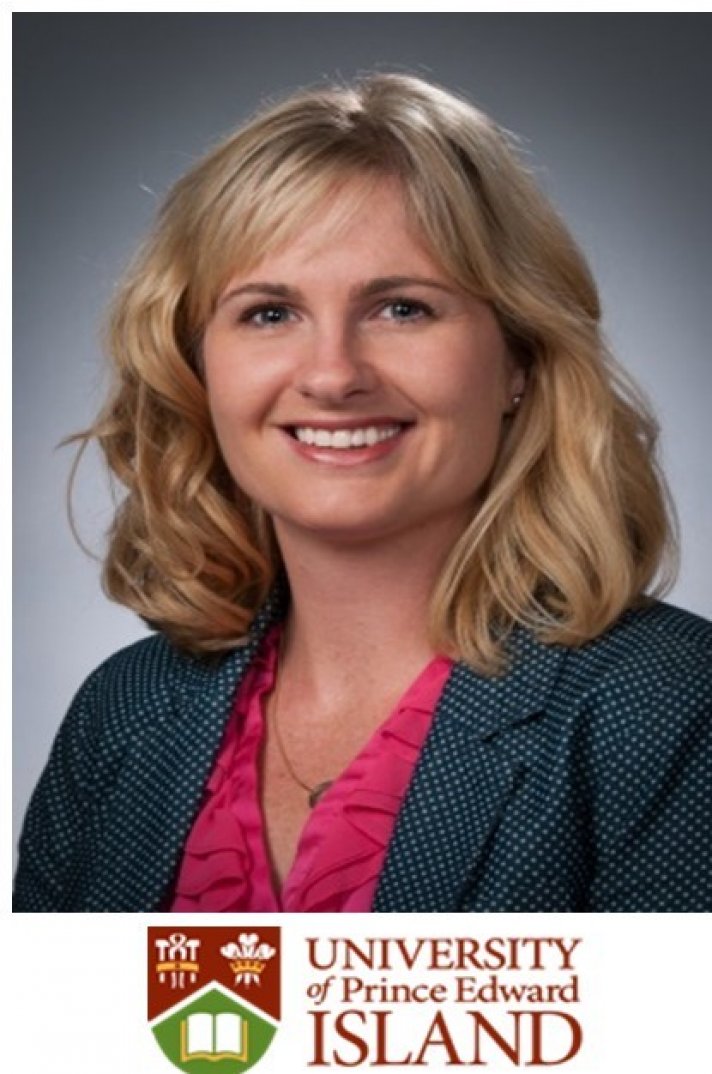

This session will explore feeding practices that encourage children to eat autonomously and in response to hunger and fullness, which encourages self-regulation in eating.
Promoting responsive feeding is a way for educators to support children with their ability to develop healthy eating habits, appropriate food intake and self-regulation which is linked with their cognitive, emotional, and social development.
Facilitator Biography:
Misty Rossiter is a Registered Dietitian and an Associate Professor in the Department of Applied Human Sciences at the University of Prince Edward Island. Misty is interested in early childhood development with a particular focus on responsive feeding practices and healthy eating environments.
Misty has published literature and given presentations across Canada on responsive feeding practices during the early years. Her current research program is highlighting collaborative work between educators, families, academics, and policy makers in the Maritime Provinces to utilize the revised Canada’s Food Guide and to promote responsive feeding environments in early childhood settings. Her work aims to support educators, families and children who struggle with mealtime feeding and to encourage early learning environments that foster a healthy relationship with food for all children.